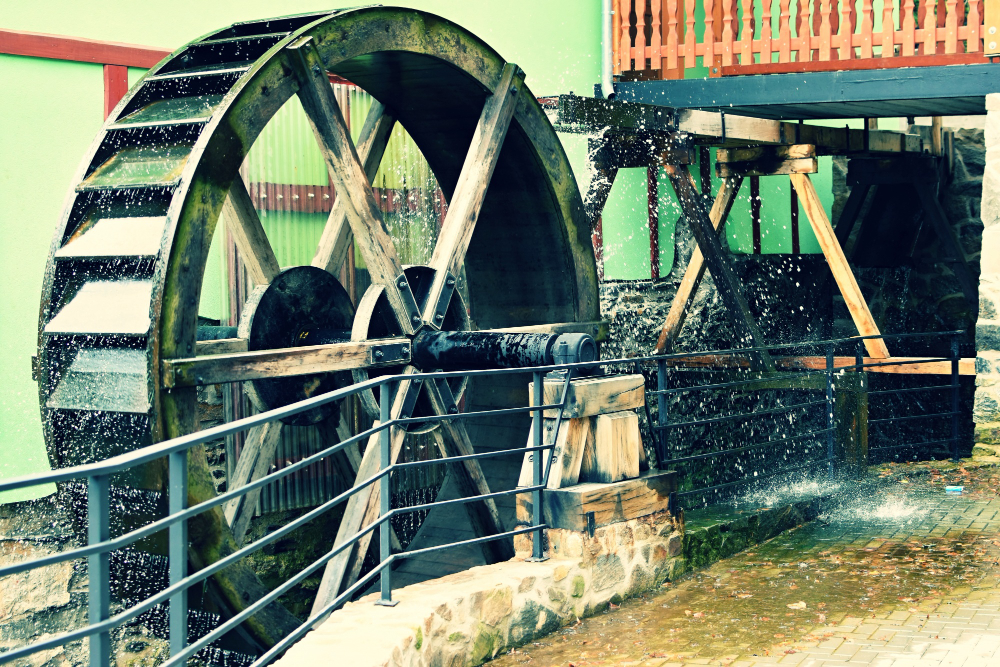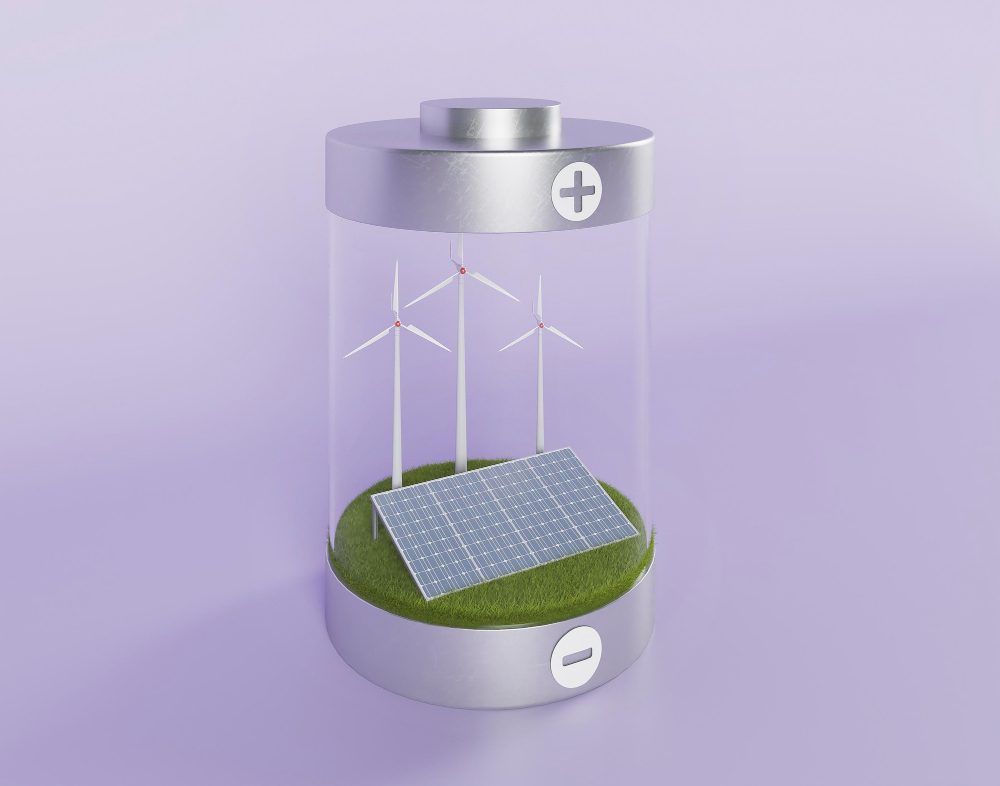
Wastewater Treatment and Management in Industrial Facilities
Wastewater management has become a critical concern for industries across India. With industrial activities expanding, efficient and sustainable wastewater treatment processes are more important than ever.
If industrial wastewater is not treated properly, it can cause severe pollution of the environment, affecting not only human health but also ecosystems.
In this article, we discuss the importance of wastewater treatment and management in industrial facilities, the challenges faced, and the solutions available to ensure compliance.
What is Industrial Wastewater?
Industrial wastewater is generated from a variety of processes, including manufacturing, processing, and cleaning activities. The composition of this wastewater varies significantly depending on the type of industry.
For instance, textile industries may produce wastewater rich in dyes and chemicals, while food processing units may generate organic waste with high biochemical oxygen demand (BOD).
Due to its diverse nature, industrial wastewater often contains harmful contaminants such as heavy metals, toxic chemicals, and organic pollutants. Without proper treatment, these contaminants can have devastating effects on water bodies, soil, and air quality.
Therefore, it is essential for industrial facilities to adopt effective wastewater treatment methods to minimize their environmental impact.
What Are The Challenges in Wastewater Treatment and Management?
Diverse Composition
One of the primary challenges in managing industrial wastewater is the diverse composition of the waste. Unlike domestic wastewater, which is relatively uniform, industrial wastewater can vary widely depending on the industry and the specific processes involved. This variability makes it difficult to develop a one-size-fits-all treatment solution.
Expensive Treatment of Wastewater
Another challenge is the high cost associated with wastewater treatment. Installing and maintaining advanced treatment systems requires significant investment, which can be a burden for small and medium-sized enterprises (SMEs).
Additionally, the operational costs of running these systems, including energy consumption and chemical usage, can further strain the financial resources of industrial facilities.
Environmental Compliance
Compliance with environmental regulations is another critical challenge. In India, the Central Pollution Control Board (CPCB) has set stringent standards for the discharge of industrial wastewater into the environment.
Industries are required to follow these standards, failing which they may face legal consequences, including fines and shutdowns.
4 Methods for Effective Wastewater Treatment
In order to meet these challenges, industrial facilities must adopt wastewater treatment techniques tailored to their specific requirements. The choice of treatment method depends on the nature of the wastewater, the contaminants present, and the desired quality of the treated water – contact VMS consultants if you need guidance.
Some of the commonly used treatment methods are,
1. Physical Treatment
Physical treatment methods involve the removal of suspended solids and larger particles from the wastewater. Techniques such as sedimentation, filtration, and screening are used to separate solid waste from the liquid.
These methods are often the first step in the treatment process, preparing the wastewater for further chemical or biological treatment.
2. Chemical Treatment
Chemical treatment involves the use of chemicals to neutralize or remove contaminants from the wastewater. Common chemical treatment processes include coagulation, flocculation, and chemical precipitation.
For instance, in industries dealing with heavy metals, chemical precipitation is used to convert soluble metals into insoluble forms, which can then be removed through sedimentation.
3. Biological Treatment
Biological treatment leverages the natural processes of microorganisms to break down organic pollutants in the wastewater.
Activated sludge and trickling filters are popular biological treatment methods used in various industries. This method is particularly effective for wastewater with high organic content, such as that from food processing or textile industries.
4. Advanced Treatment
For industries that require higher standards of wastewater treatment, advanced methods such as membrane filtration, reverse osmosis (RO), and advanced oxidation processes (AOPs) are employed.
These methods are capable of removing even the most stubborn contaminants, ensuring that the treated water meets the required quality standards.
Sustainable Wastewater Management Practices
Additionally, effective wastewater management involves reducing the overall environmental footprint of the facility and minimizing wastewater generation.
Some key practices include:
- Wastewater Recycling and Reuse: Recycling and reusing treated wastewater is one of the most effective ways to reduce water consumption and minimize the environmental impact of industrial activities.
- Source Reduction: Source reduction involves minimizing the generation of wastewater at its origin by optimizing industrial processes. This can be achieved through process modifications, equipment upgrades, and the use of less water-intensive technologies.
- Monitoring and Compliance: Advanced monitoring systems can provide real-time data on various parameters, such as pH, BOD, and chemical oxygen demand (COD), allowing industries to take corrective actions promptly.
Conclusion
Effective wastewater treatment and management are essential for industrial facilities to minimize their environmental impact and comply with regulatory standards.
In order to treat wastewater efficiently and responsibly, industries need to use a combination of physical, chemical, biological, and advanced treatment techniques.
For expert guidance on wastewater treatment and sustainable industrial practices, consider partnering with VMS Consultants, Best industrial Architect in India. With extensive experience in Engineering Architecture & Project Management Services, we can help you design and implement solutions that drive efficiency and sustainability.
Contact us today to learn more.






